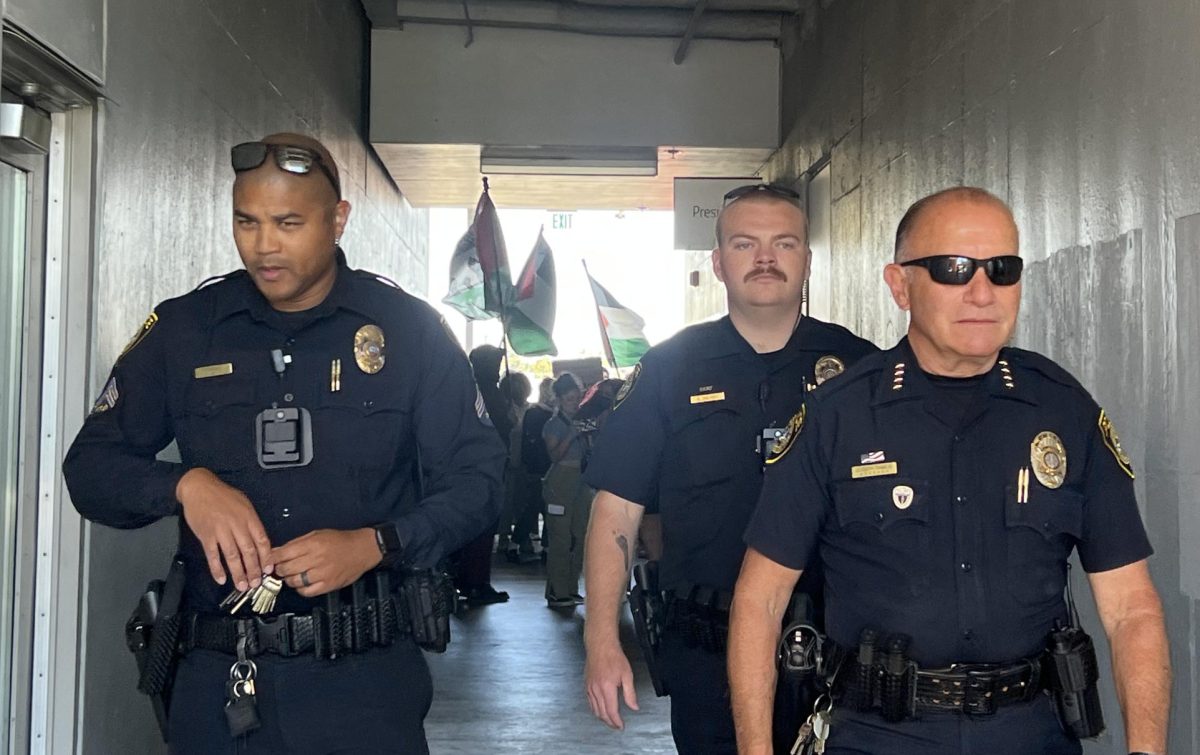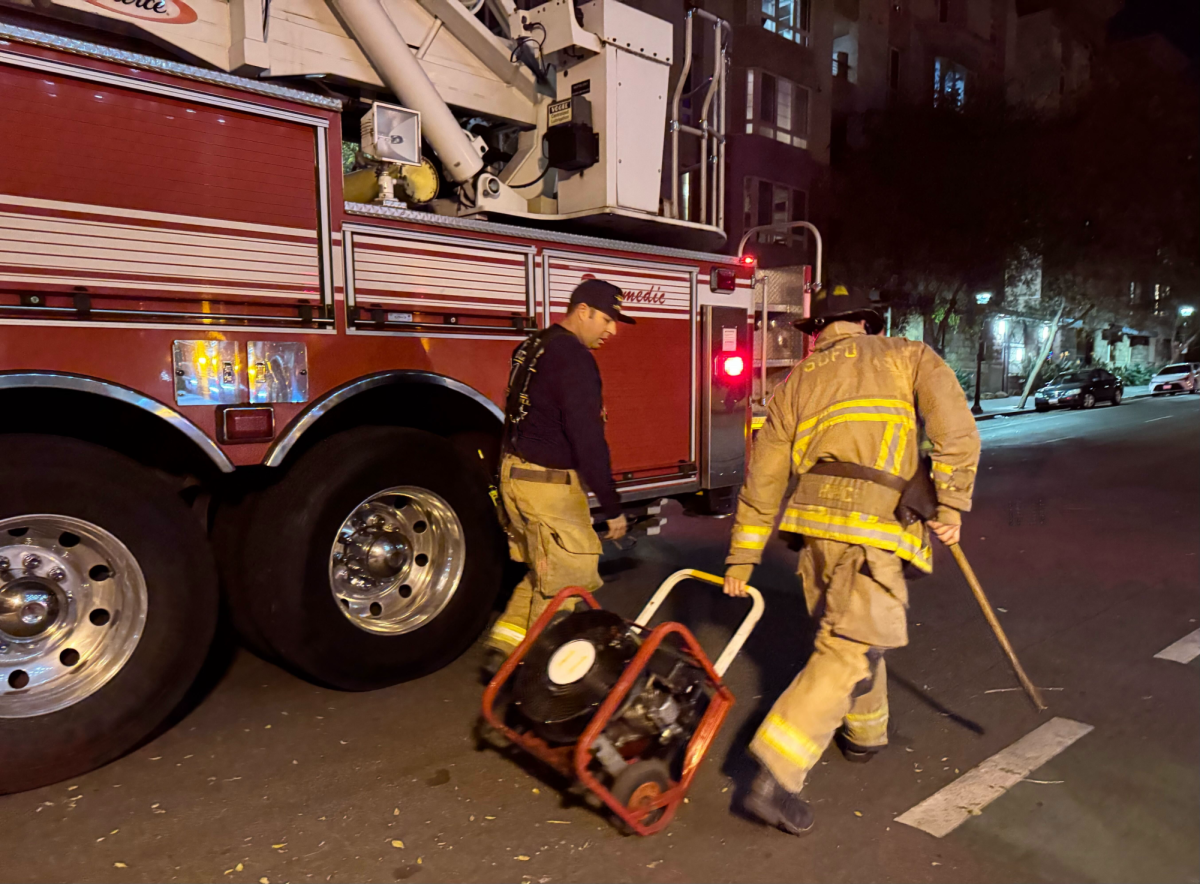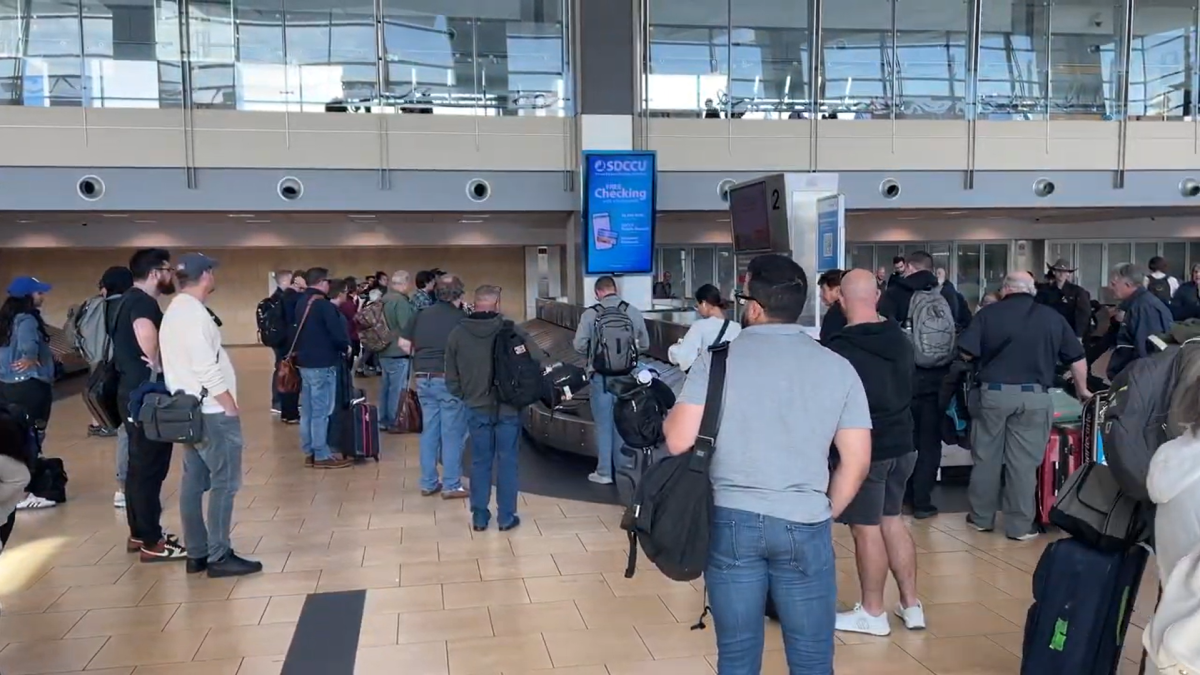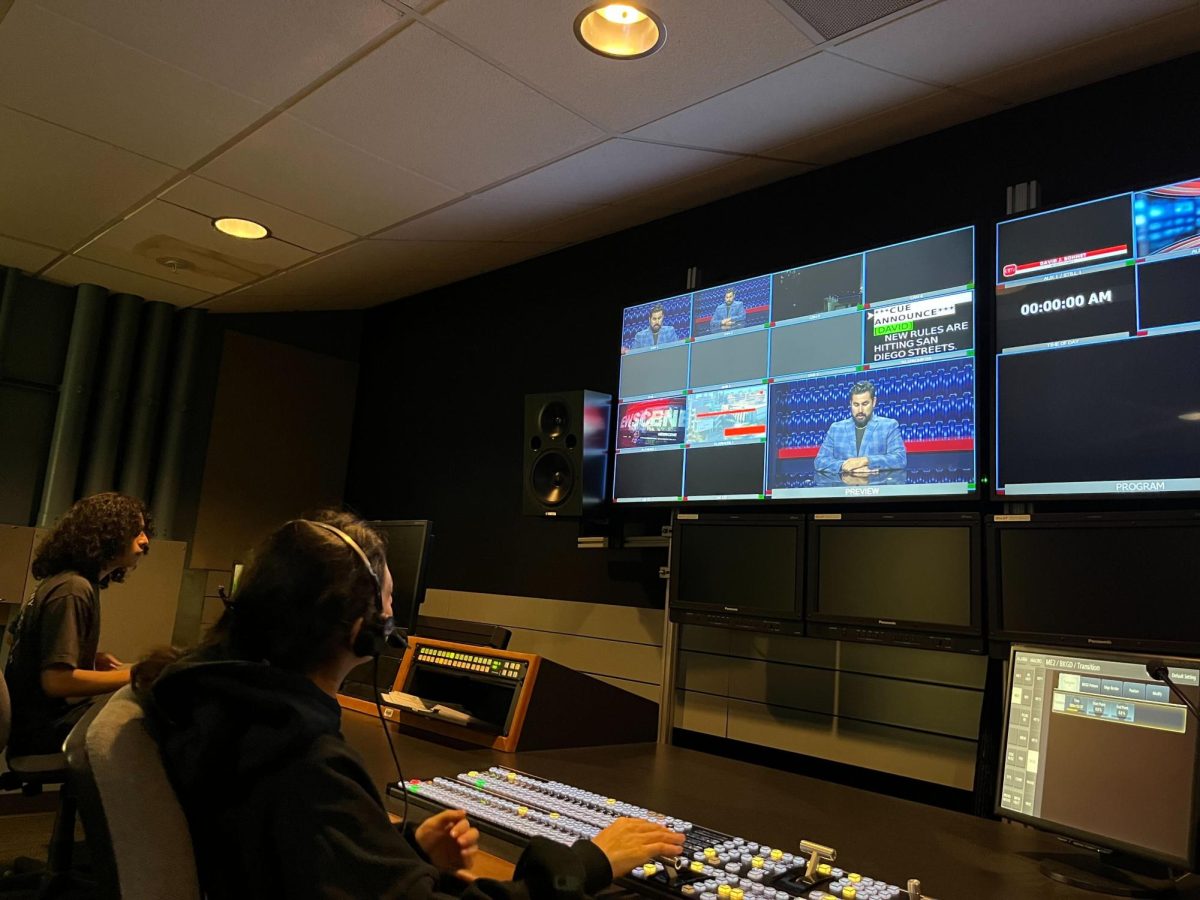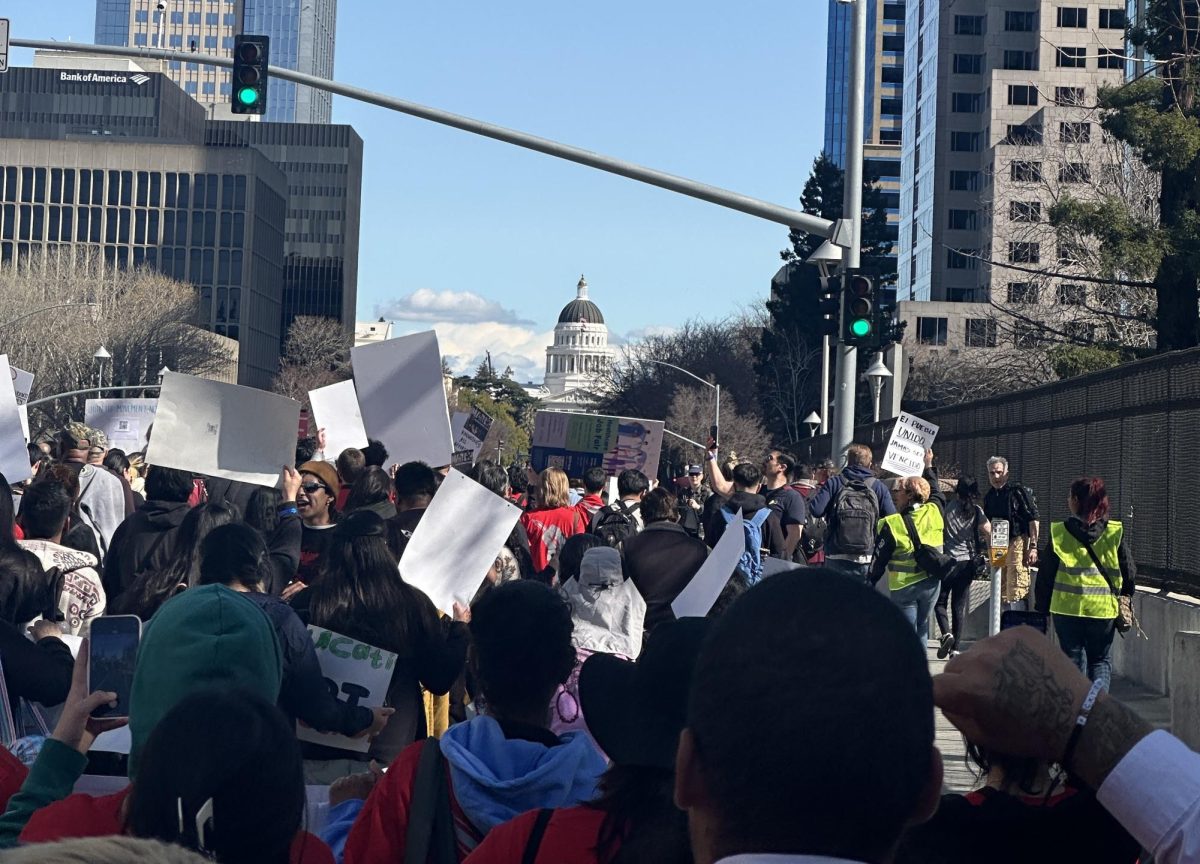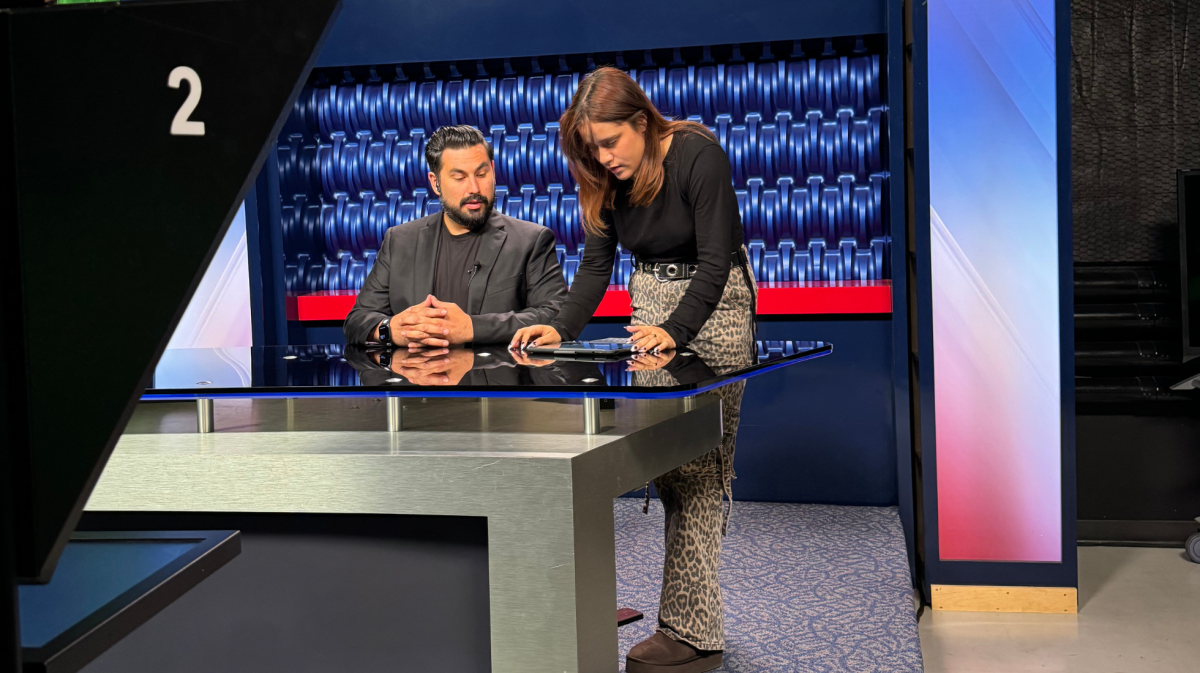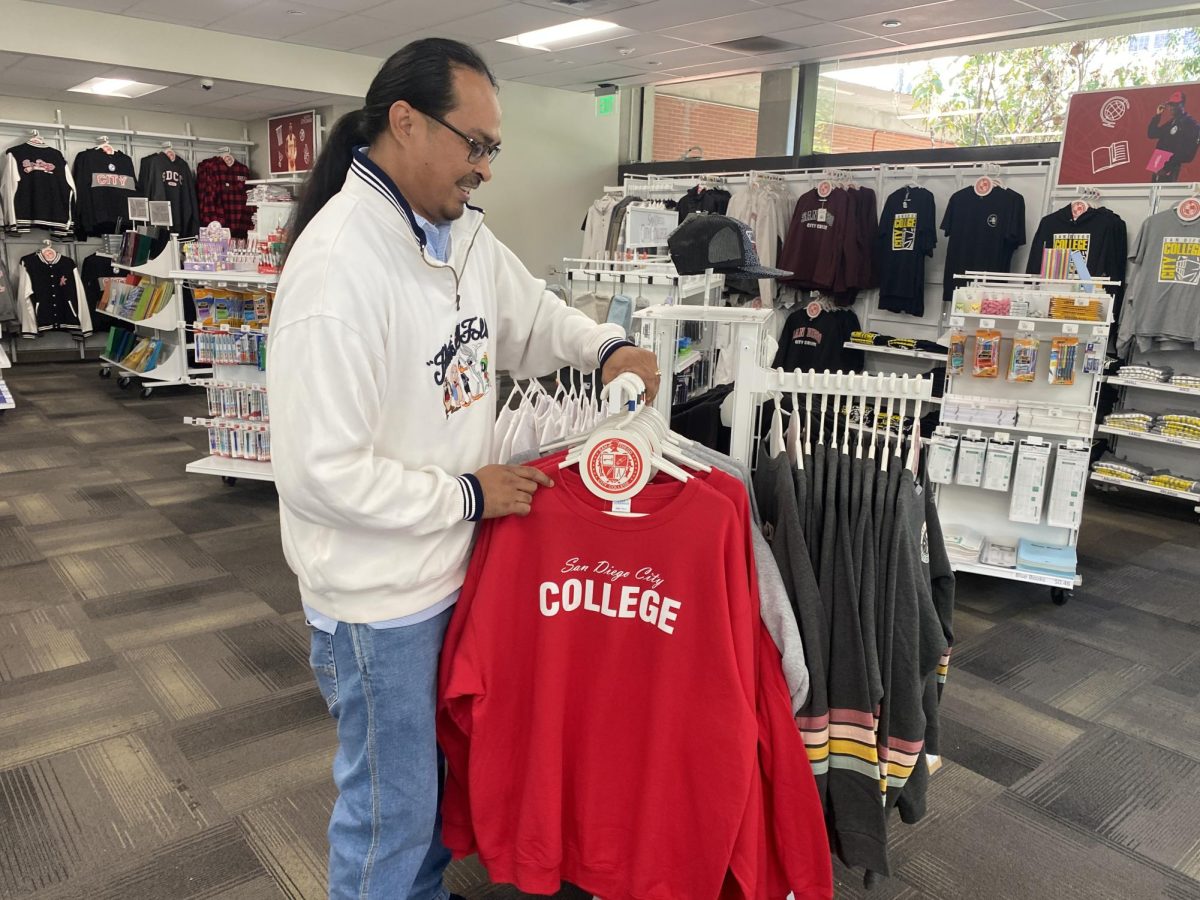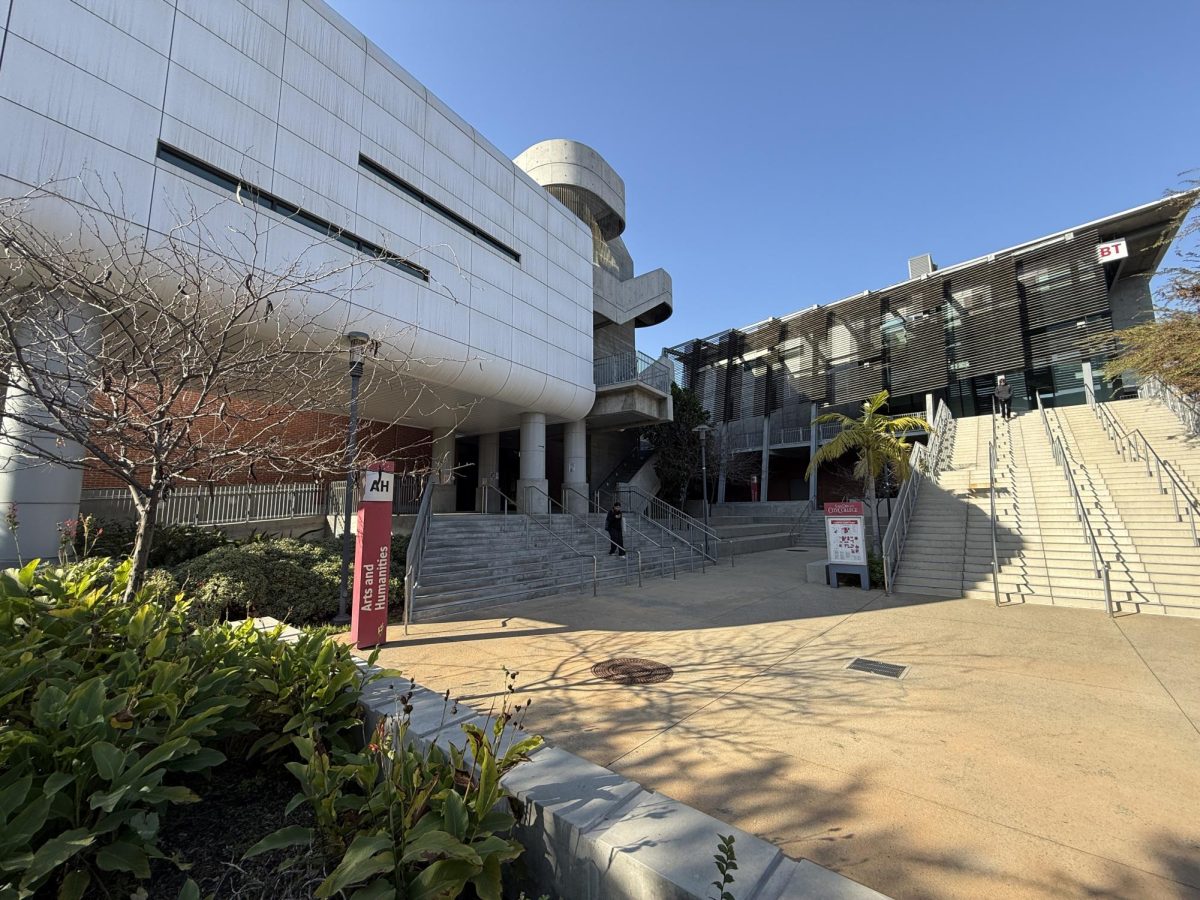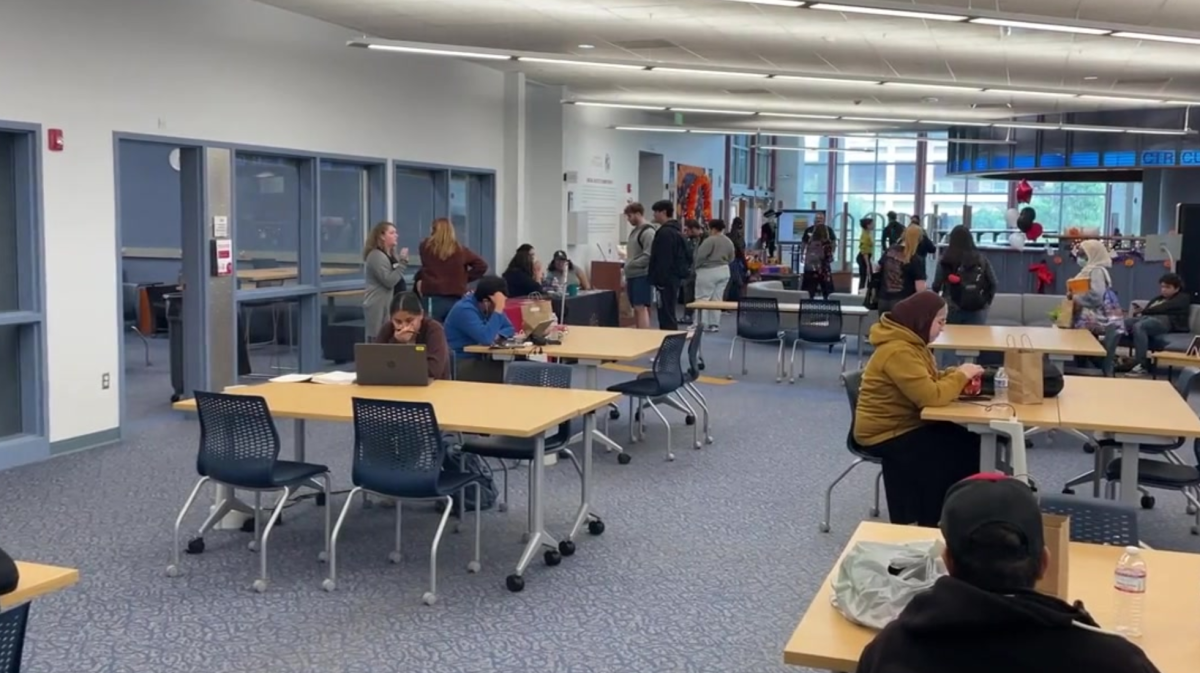Lawyer challenges students and faculty to think about how torture is used
A hotly charged, politically incorrect lecture in the faculty staff room Sept. 20 provoked students to rush in to hear a leading lawyer in San Diego speak U.S. government torture.
The event, as part of Constitution Week, was led by the uncensored and at times fervent attorney, Ezekiel E. Cortez.
The controversial presentation compelled more than 100 students to question their beliefs about torture while bringing up its legality in the midst of the 10-year anniversary of Sept. 11, which reminded the audience of the destruction that claimed thousands of lives, and mobilized millions to react in the name of justice.
He quickly dove into the discussion by telling the listeners how the U.S. government can make torture look legal.
“I have a question for you brilliant minds here today. If in the Constitution the Framers forgot about protecting individual rights, then what’s wrong with torture?”
Cortez asked, referring to the Constitution not including individual rights. “Can anybody here tell me if the Bill of Rights prohibits torture?”
It was not until 1789 that rights of individuals were created in the Bill of Rights, which Cortez says does not prohibit the use of torture.
In the United States, under judicial authorization torture can be administered to detainees. There was debate as to whether the Eighth Amendment protected those from torture.
“The Eighth Amendment states that no person shall be subject to cruel and unusual punishment, but this applies only when you are in jail after you’ve been convicted.” said Cortez.
Students raised their hands in disagreement, stating rather that the amendment did protect individuals from cruel and unusual punishment.
“Think a little deeper. This is bull****. If they [police] beat you before your punishment then it’s not cruel and unusual punishment because you haven’t been convicted and subsequently punished. Interrogation is not punishment,” said Cortez.
After that first point he made, most of the crowd looked shocked; students and teachers alike.
His presentation was a jumble of the history of torture, to how the judicial system can make it look legal, to encouraging students to know their rights.
Students continued to raise their hands to comment in favor of what Cortez was saying, while others voiced their opinion after the lecture.
“I was hoping he’d [Cortez] go more in depth on some topics. I’m not for torture. It disturbs and places fear regardless of whether you’re guilty or innocent,” said Karol Martin, a student.
When asked what he wanted city College students to take way from the talk, Cortez said, “I want students to know their rights.
“I want them to educate themselves and exhaustively research. I don’t want students to take anyone’s word for what their freedom is.”

